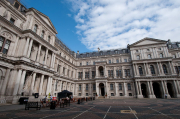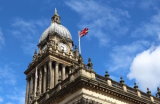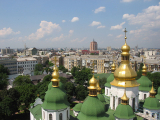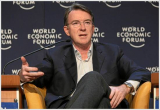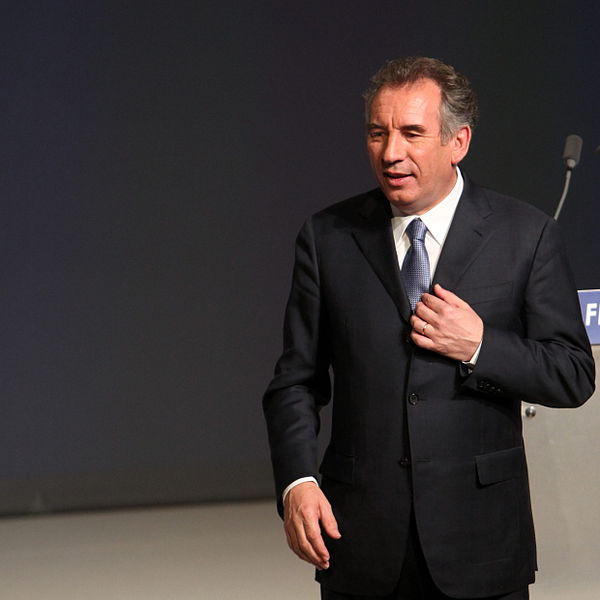
President Emmanuel Macron met with centrist leader François Bayrou on Friday as speculation intensified over his choice for a new prime minister. The decision comes after weeks of political
uncertainty following the ousting of Michel Barnier in a no-confidence vote.
It has been nine days since Barnier was removed, and Macron, who initially promised to appoint a replacement by Thursday, has delayed the announcement. Bayrou, a long-standing ally and leader of the centrist MoDem party, is widely regarded as a top contender for the role.
Political Stalemate and Mounting Public Concern
The French political landscape has been in disarray since Macron’s snap parliamentary elections over the summer. These elections left the National Assembly fragmented into three major blocs: the left, the center, and the far right. According to a recent BFMTV poll, 61% of French voters are concerned about the ongoing political crisis.
Macron, who abruptly returned from a trip to Poland on Thursday, postponed his announcement, adding to the anticipation. On Friday, he met with Bayrou, 73, at the Élysée Palace for nearly two hours in what French media described as a tense meeting.
Although preparations were seen at the prime minister’s residence at Hôtel Matignon, no confirmation was provided that Bayrou would assume the role.
Challenges Ahead for Macron
If Macron selects Bayrou, he faces the challenge of forming a stable government capable of surviving in the National Assembly. The president has hinted at two potential strategies: including center-left parties in the government or negotiating agreements to secure their support in crucial votes.
So far, Macron has held discussions with leaders of most major parties, excluding the far-left France Unbowed (LFI) and the far-right National Rally led by Marine Le Pen.
Other Potential Candidates
Apart from Bayrou, other names floated for the role include Defense Minister Sébastien Lecornu and former center-left Prime Minister Bernard Cazeneuve. Former Foreign Minister Jean-Yves Le Drian reportedly declined the position, citing his age.
Barnier’s short-lived tenure as prime minister ended after his fiscal plans, which included €60 billion in tax increases and spending cuts, were rejected. His reliance on Le Pen’s National Rally for support ultimately proved unsustainable.
Path to a New Government
Macron’s political maneuvers are set against the backdrop of France's Fifth Republic system, where the president appoints a prime minister and their cabinet. The recent parliamentary elections, called unexpectedly after poor EU election results in June, resulted in a divided National Assembly, complicating governance.
While Macron initially relied on a minority government propped up by Le Pen’s National Rally, this alliance fell apart, leading to the current impasse. Le Pen withdrew her support, joining forces with left-wing MPs to vote against Barnier’s government.
Left-Wing Demands and Internal Divisions
Center-left parties—the Socialists, Greens, and Communists—have engaged in talks with Macron but insist on appointing a leftist prime minister. Marine Tondelier, leader of the Greens, has dismissed Bayrou’s candidacy, arguing that a centrist prime minister cannot deliver the policies needed to address the left’s concerns.
Relations between the center-left and the more radical LFI appear strained. LFI leader Jean-Luc Mélenchon has urged his former allies to reject coalition talks with Macron, but Socialist leader Olivier Faure countered, saying, “The more Mélenchon shouts, the less he’s heard.”
Looking Ahead
Marine Le Pen has called for the incoming government to prioritize policies that address the cost of living, emphasizing the need for a budget that respects each party’s boundaries. Meanwhile, Barnier’s caretaker government has submitted a temporary bill to extend the 2024 budget provisions into next year. However, a long-term budget for 2025 will require approval once a new government is in place.
As Macron inches closer to announcing his choice, the nation waits to see if Bayrou—or another candidate—will be tasked with steering France out of its current political gridlock. Photo by Rama, Wikimedia commons.





















